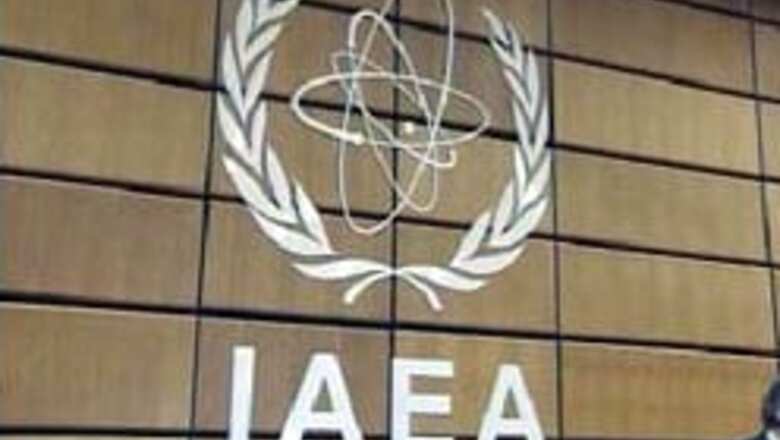
views
Vienna: The International Atomic Energy Agency (IAEA) on Thursday formally approved by consensus far-reaching cuts in its technical cooperation programme with Iran in compliance with a UN Security Council resolution.
On the sidelines of the meeting, developing countries said that while the IAEA had been extremely objective in its decision on which projects to cancel, there were still fears that the Iran issue could be abused to politicise technical cooperation.
Iranian ambassador Ali Asghar Soltanieh told journalists that involving the Security Council in the issue had been a "historic mistake", adding that the freeze was an attempt by some countries to deprive Iran of its inalienable rights.
IAEA partially or completely froze 22 out of 55 technical cooperation projects with Iran, suspending all projects that could potentially enable Iran to acquire a nuclear weapon capability. In November the IAEA rejected Iranian requests for aid in constructing its heavy water reactor at Arak.
In the first days of the meeting the board discussed the latest report by IAEA Director General Mohamed ElBaradei on Iran that confirmed Iran ignored Security Council calls to suspend its uranium enrichment activities.
Enriched uranium is essential for producing nuclear fuel, but can also be used for building nuclear weapons.
ElBaradei stated that the IAEA was not able to determine whether Iran's nuclear programme was entirely peaceful, due to lack of transparency and cooperation by Iran.
Soltanieh attacked the UN sanctions, saying Iran found no legal basis for them. He told journalists that enrichment would continue and that it was up to the international community to accept Iran's invitation to return to negotiations.
Board members urged Iran to consider a proposal by ElBaradei for "double suspension", a simultaneous stop of both enrichment and sanctions.
Egyptian ambassador Ramzy Ezzeldin Ramzy called on both parties to exercise flexibility and said the time out was in those circumstances the most logical way to proceed.
The IAEA also heard about ElBaradei's plans to travel to North Korea on March 13 to discuss the implementation of IAEA monitoring North Korea's agreement to shut down its nuclear programme. The delegates welcomed the agreement reached in the six-party talks in Beijing last month.

















Comments
0 comment